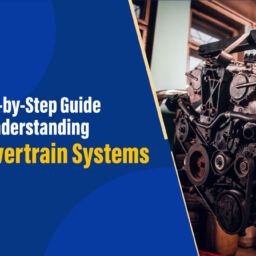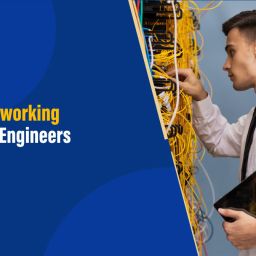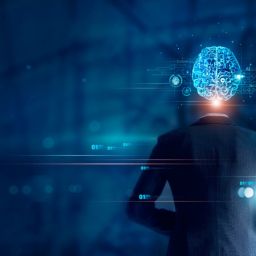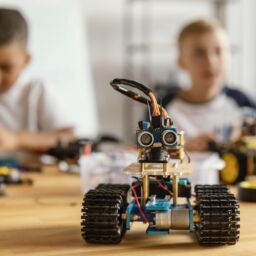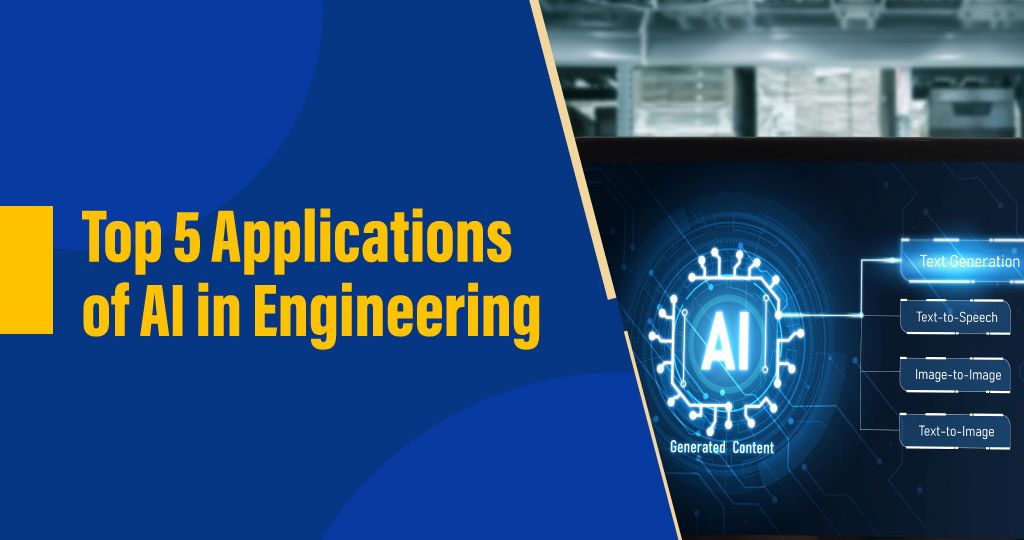
Artificial Intelligence has become an eminent force worldwide, creating a transformation and revolutionary developments in many industries, including Engineering. By incorporating various machine learning ideologies, engineers can utilize applications of AI to optimize their designing procedures and safety levels.
The contribution of AI to the Fourth Industrial Revolution allows engineers to refine operations, increase efficiency, and develop new solutions. AI techniques are critical for production and supply chain integration and optimization, against intractable hindrances successfully, and improvement in safety through speed and accuracy.
Practicing B. Tech AI and Data Science Engineers acknowledge AI as a significant tool to help in automation, optimizing design, and increasing end-user benefit through better accuracy.
Why Does AI Matter in Engineering?
Just imagine a world where machines, powered by AI, work together with humans to accomplish even better things, quicker and smarter. That’s where engineering and AI come together to create amazing things. AI in engineering more broadly refers to using computers to do smart things, typically associated with human intelligence. We can regard it, in general, as a cooperation between humans and machines whereby one helps the other out.
Today, engineers use AI for good decision-making, refining processes, and even brainstorming new ideas. It’s like having a super-smart helper that makes engineers work both efficiently and creatively.
AI in Engineering embraces the future and unlocks boundless possibilities.
1. Intelligent Design and Simulation
Intelligent design and simulation are some of the key areas in which AI is leaving its mark on engineering. Engineers could use machine learning algorithms to optimize product designs and point out flaws before they have to go through the process of making physical prototypes. AI-driven simulations allow engineers to run ‘virtual’ experiments, saving time and resources from doing the same. The engineers can go through a lot of design possibilities to come up with more strong and innovative solutions. Other than optimizing product designs, AI-driven intelligent design and simulation processes are further accelerating innovation in engineering. It allows engineers to find new solutions that were unknown earlier by simulating complex scenarios and reiterating through countless design variations.
2. Predictive Maintenance
AI-driven predictive maintenance has raised a new standard in how industries treat their machinery and other types of equipment. Algorithms driven by artificial intelligence allow predicting equipment failure and suggest schedules for maintenance by analyzing real-time data that comes from sensors. A proactive approach should help avoid expensive breakdowns and unbudgeted downtime, thus optimizing productivity and bringing down maintenance costs.
In the wake of AI’s advancement, predictive maintenance goes one notch higher from simply predicting equipment failures. AI today can power systems that recommend specific maintenance actions, order replacement parts, and schedule maintenance activities automatically.
3. Autonomous systems
Autonomous systems, such as self-driving cars and drones, are cases with huge potential for AI in the engineering application domain. These complex AI algorithms and deep learning models enable these systems to move and decide for themselves in a real-world environment. Self-driving cars will soon change the face of transportation, increasing safety and reducing accidents, hence ensuring better efficiency in the automobile industry.
Applications of autonomous systems have been seen in several other sectors beyond self-driving cars and drones, such as manufacturing, logistics, and even agriculture. AI-driven robots and machinery take over all sorts of repetitive and hazardous tasks, improving both workplace safety and operational efficiency.
4. Natural Language Processing (NLP) for Engineering Documentation
NLP is a subcategory of artificial intelligence that deals with the interaction between computers and natural human language. Application of NLP in engineering helps in the processing of huge amounts of technical documents from publications. Today, engineers can use NLP capabilities for the efficient processing of vast literature related to research papers, patents, and user manuals in a speedy and informative manner, thus speeding up knowledge-sharing processes and encouraging innovation. Extraction of information, as you see, from technical documents is just a small part of the influence NLP is having on engineering.
B. Tech Artificial Intelligence and data Science in coimbatore, for instance, is making changes in collaboration and communication among engineers with the help of NLP-powered chatbots and virtual assistants to distribute information and solve problems in real time.
5. Control and Inspection of Quality
AI-driven image recognition and computer vision technologies have changed the face of manufacturing quality control and inspection processes within the service industries. They can detect defects, inconsistencies, and deviations in products with high precision to ensure that only the best products reach the consumers. This has led to a considerable reduction in defective products and product recalls, thus increasing customer satisfaction and brand value. The role of AI in quality control in manufacturing extends to predictive analytics, where a company can detect a possible defect and apply protective measures. By analyzing data provided at several production stages, AI algorithms can improve processes for better product quality.
Additionally, AI also has a role in environmental impact assessment and thus helps engineers and policymakers make informed decisions. The AI algorithms are able to analyze vast environmental datasets, recognizing patterns and trends that provide insights into the potential impact on the environment from an engineering project. This, therefore, aids in the design of sustainable infrastructure and mitigation of adverse effects on ecosystems.
AI is a great tool for engineers, making your work better and more creative. Not only is it a tool, but it is also a game-changer in engineering. The future of AI in engineering is incredible. With further improvement, clever ideas can be expected, some of which will make our world even better. Engineers and AI will keep collaborating in exciting projects.


